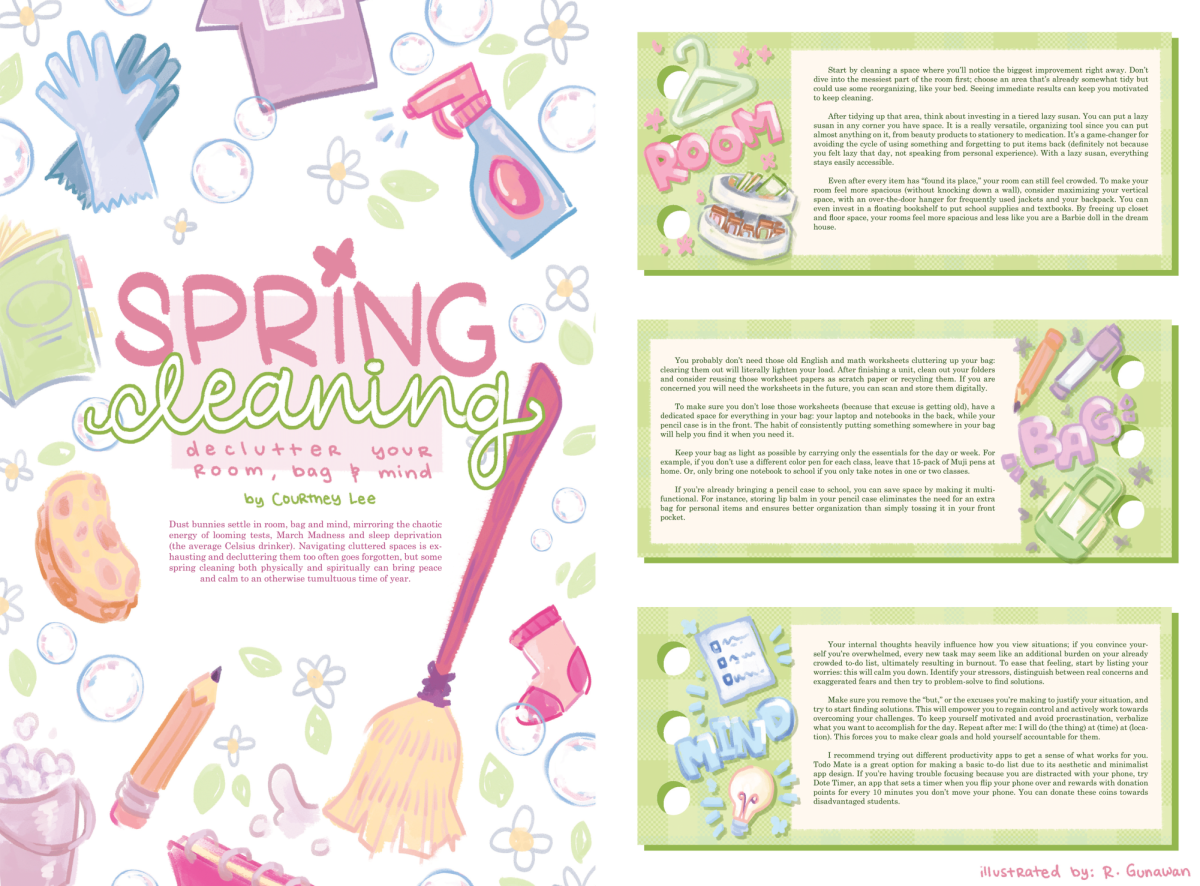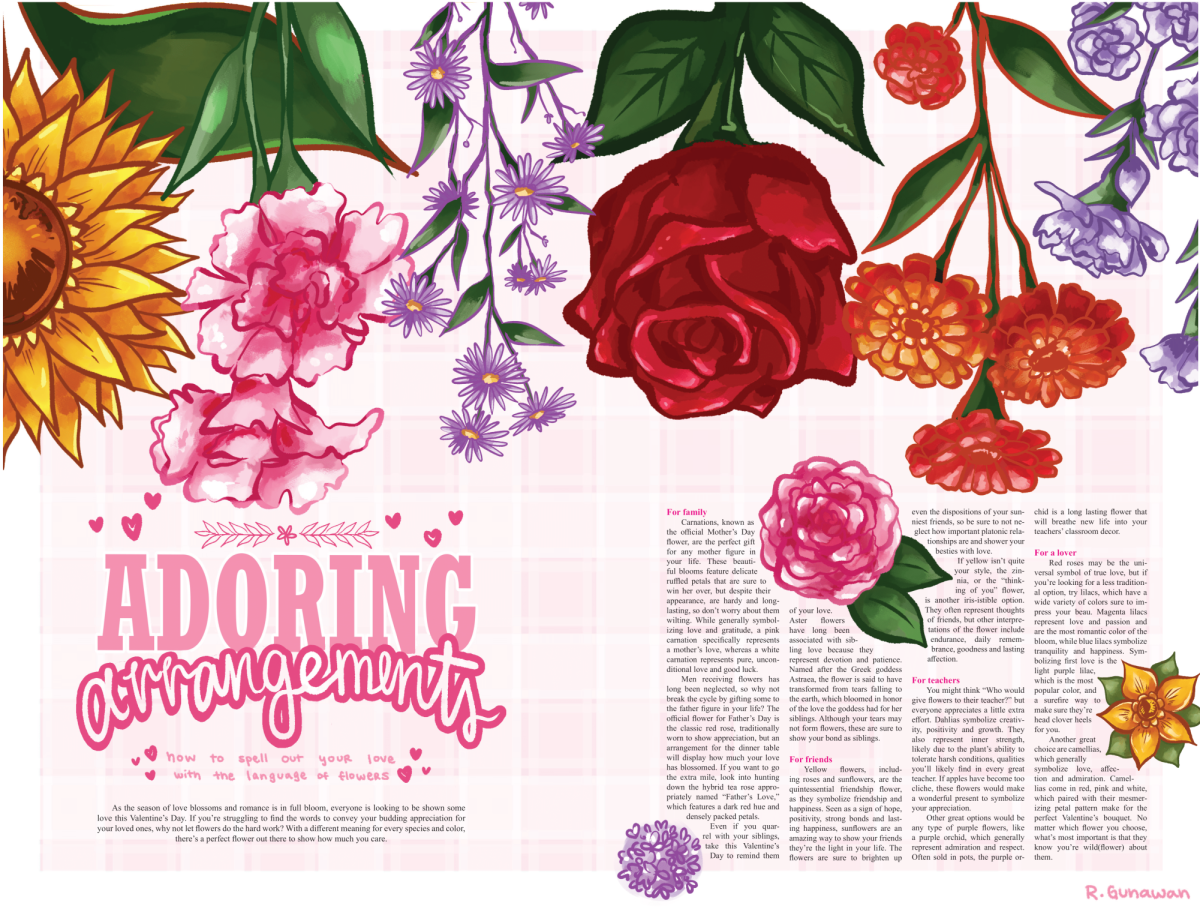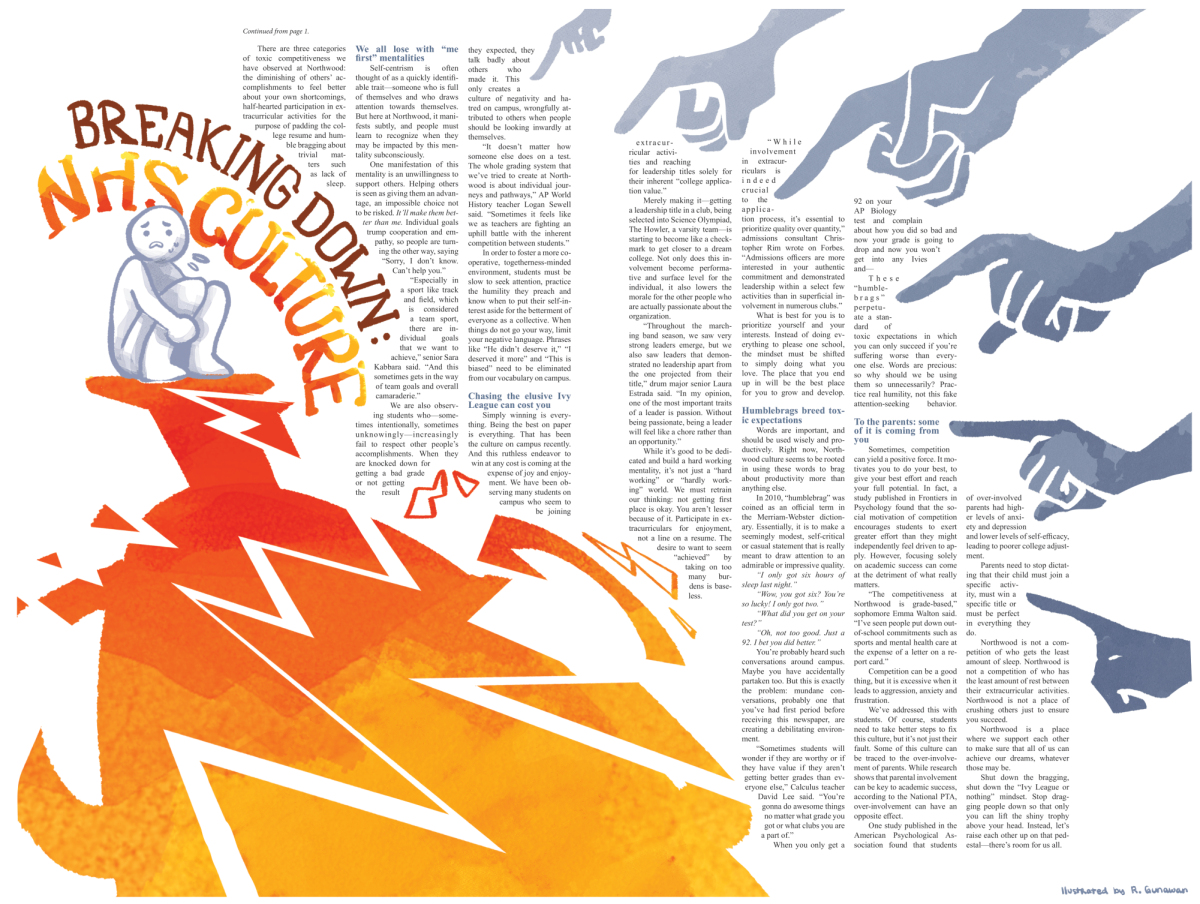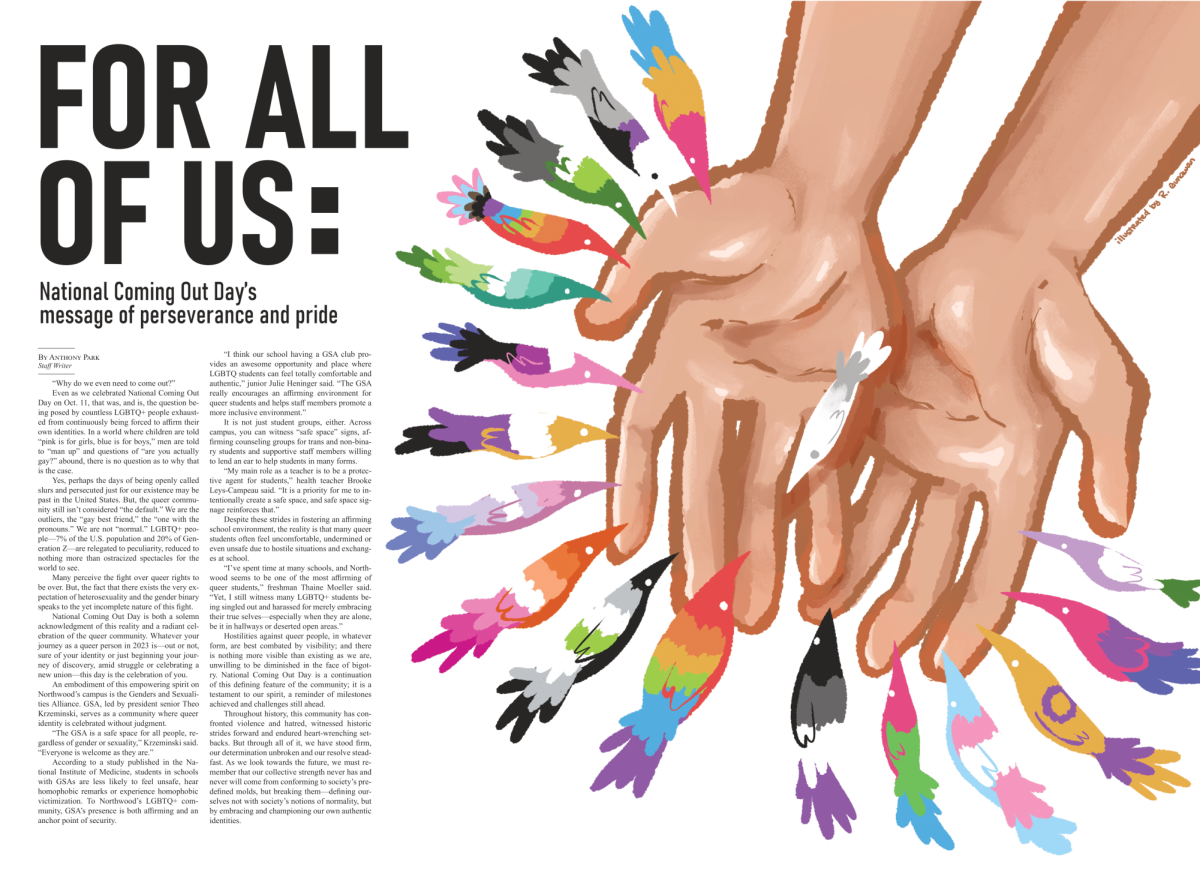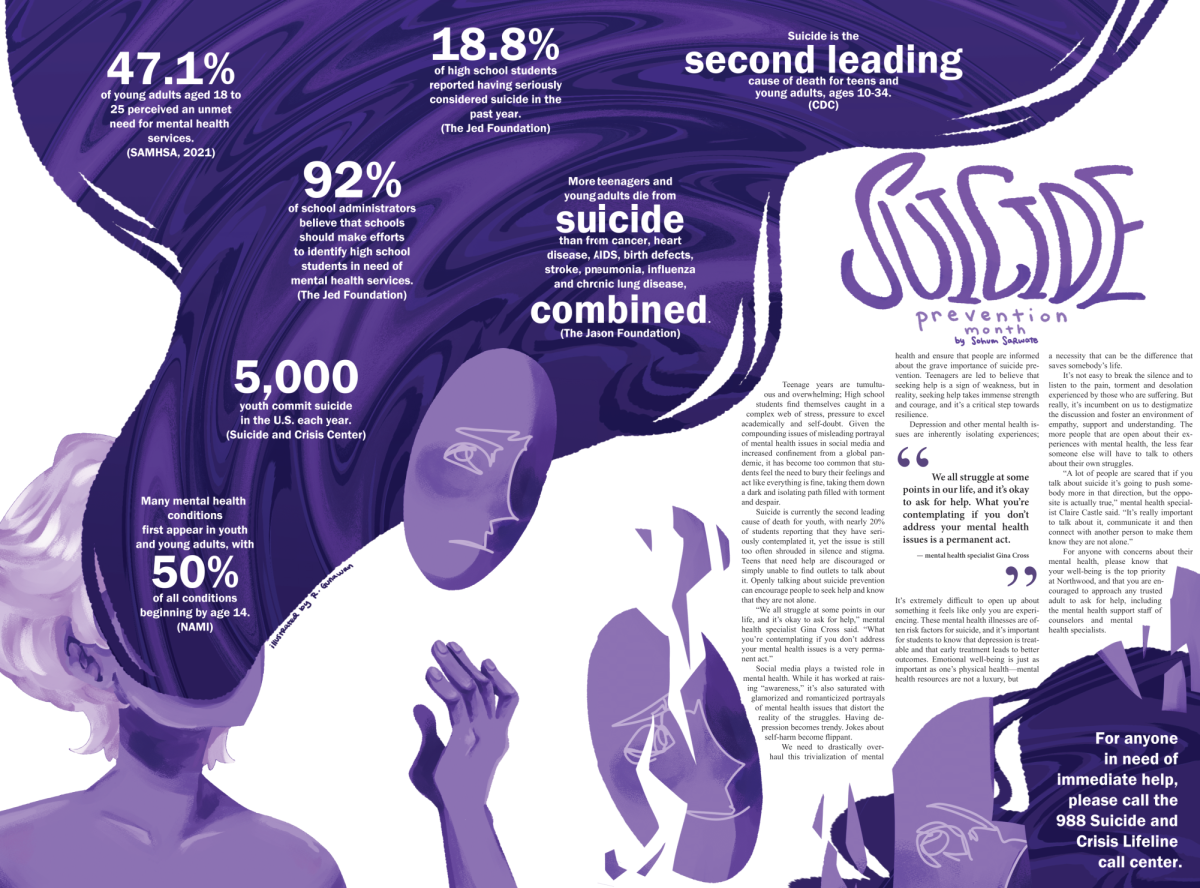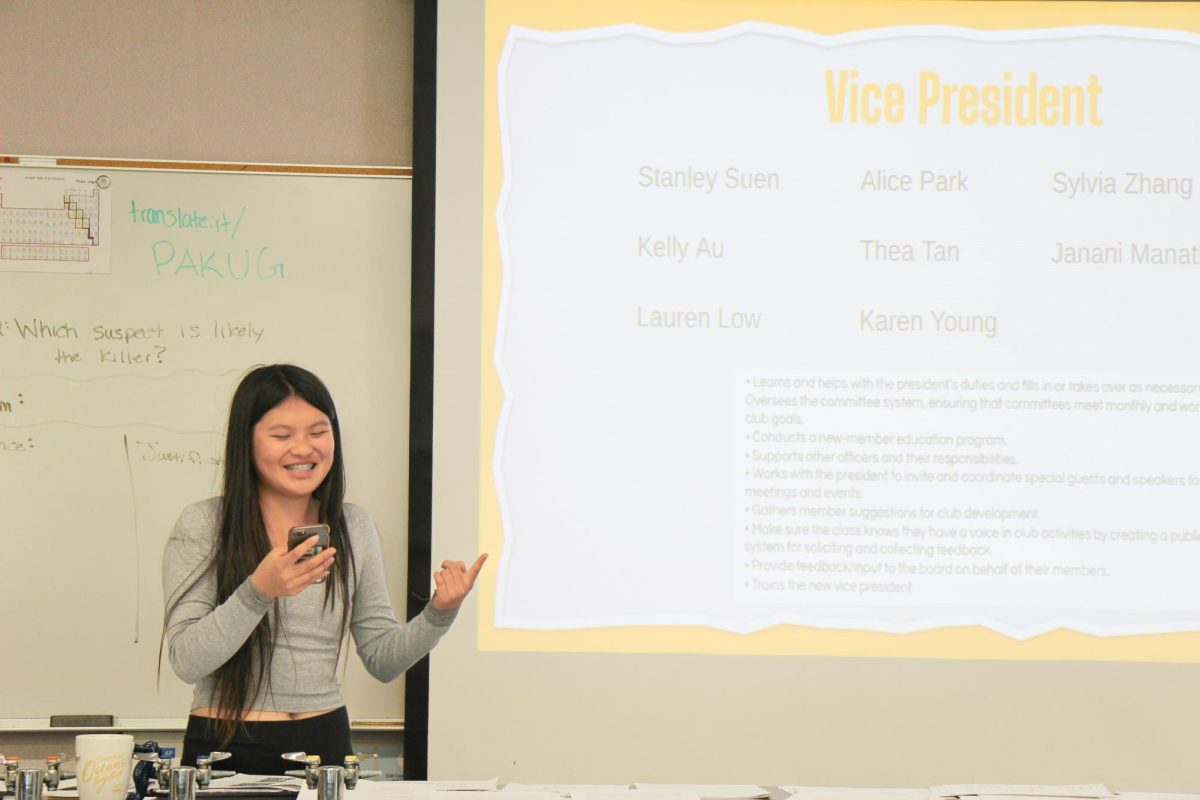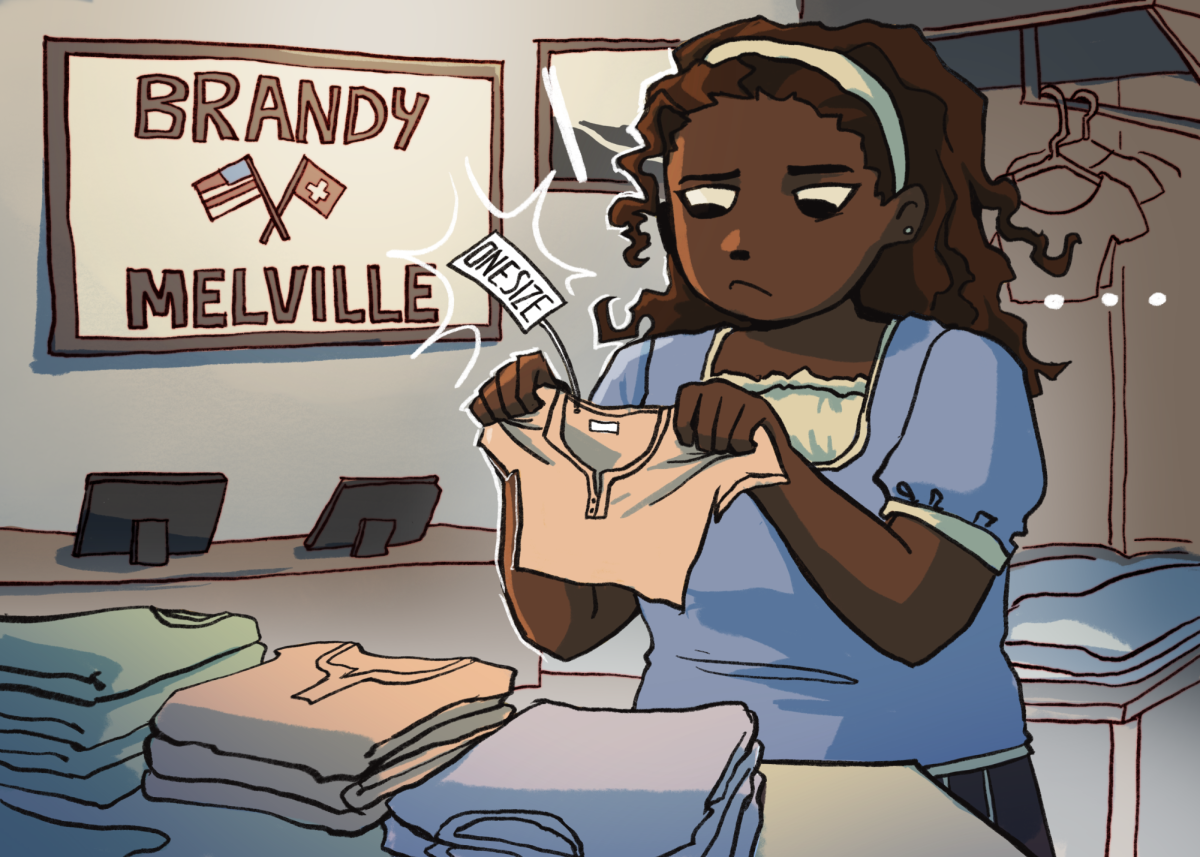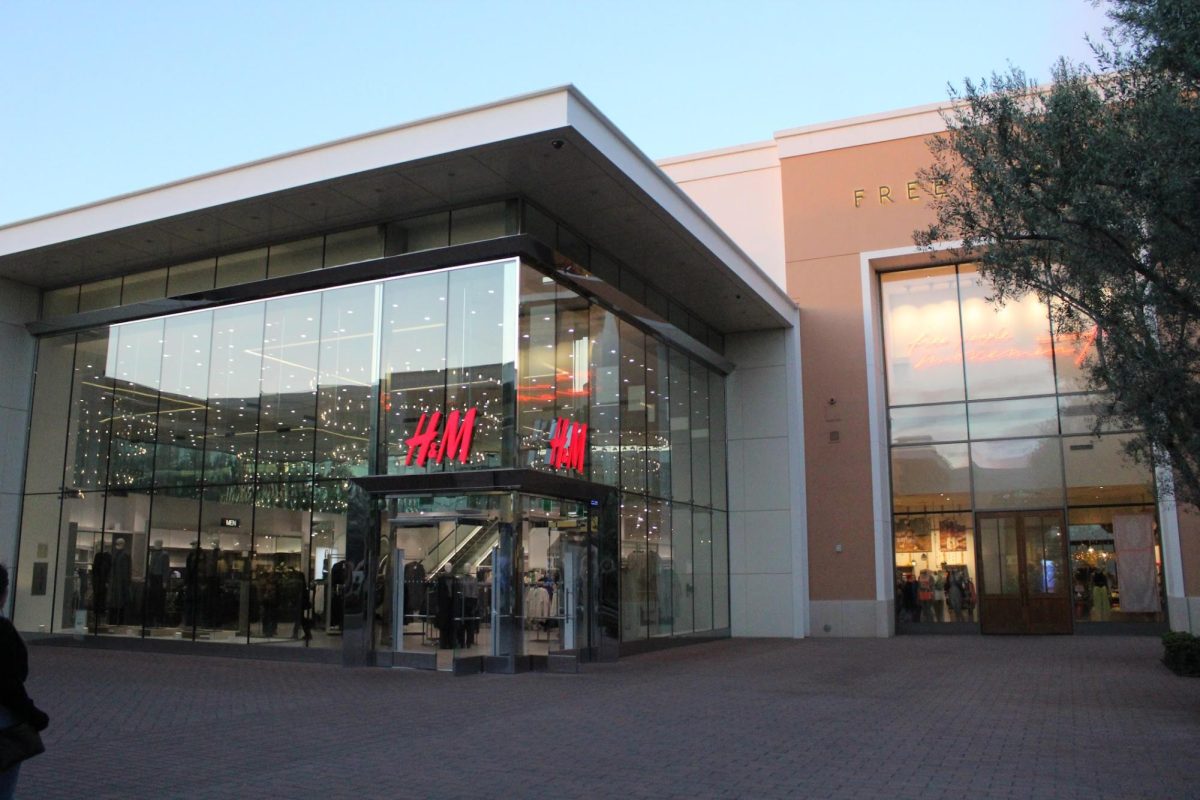Many consumers are convinced that clothing is seasonal and their wardrobes should change colors like the leaves on trees. Now that it’s autumn, it must be time to add a few more knitted scarves, warm cardigans and cozy sweaters to the closet…right?
Fast fashion retailers may excel in marketing, but they are terrible at safeguarding the environment. Students should support the fight against climate change and consumerism by investigating and avoiding brands that practice “greenwashing,” which is a deceptive marketing tactic used by companies to persuade the public that their products and policies are environmentally friendly, when in actuality, they are not.
“Consumers are much more concerned about making environmentally friendly purchasing decisions, so companies have a real financial incentive to appear sustainable and socially conscious,” ClientEarth’s climate accountability lead Sophie Marjanac said in an interview with ClientEarth, a nonprofit environmental law organization.
Supporting companies that engage in greenwashing undermines the efforts of businesses that are genuinely committed to reducing emissions. This is especially concerning because the fashion industry alone is responsible for up to 8% of global carbon emissions—more than that of the shipping and aviation industries combined.
In 2021, SHEIN hired a head of environmental, social and governance to appear concerned about promoting sustainability, despite maintaining a business model dependent on labor and environmental exploitation. The effects of such greenwashing could be exacerbated by their recent decision to partner with Forever 21, since both brands’ trendy yet dirt-cheap clothing have attracted massive numbers of Gen-Z shoppers. By misleading even more consumers to believe false claims about their environmental consciousness, the companies will generate greater profits, produce even more clothing and further harm the environment.
Although H&M has made some progress towards sustainability through their “Looop” campaign to encourage recycling, they have failed to offset the three billion garments they produce annually which are quickly discarded by consumers. Unfortunately, SHEIN, Forever 21 and H&M only represent a microscopic percentage of the number of brands that engage in greenwashing.
While the climate crisis poses significant risks for drought, fire and high temperatures in Irvine, consumers must also consider the far-reaching consequences of their choices on vulnerable populations across the globe. Countries like Somalia, Syria and Afghanistan are most vulnerable to the climate crisis due to geographic location, political instability and ongoing conflicts but have collectively contributed less than 0.28% of global emissions despite making up roughly 5% of the global population. Such impacts have destroyed their livelihoods and forced many to flee their homes.
According to the United Nations’s Intergovernmental Panel on Climate Change, emissions need to be nearly halved by 2030 and reduced to net zero by 2050 to preserve a livable planet. Therefore, consumers should help advance global efforts to address the climate crisis by making responsible purchases, which will help hold companies accountable for their actions.
When considering a purchase, consumers should research the company and product beforehand by looking for information about their sustainability initiatives and any relevant certifications such as the B Corp Certification, the Fairtrade Certification and the FSC Forest Management certification. Good on You, the leading sustainability rating platform for fashion, also provides unbiased assessments of brands’ ethical standards and environmental impacts.
For those who cannot afford products from sustainable companies, buying second-hand clothing, shopping at thrift stores and simply buying fewer clothes are all viable alternatives. Our individual choices to ditch the trends and purchase with intention will help create a healthier, more sustainable future.















